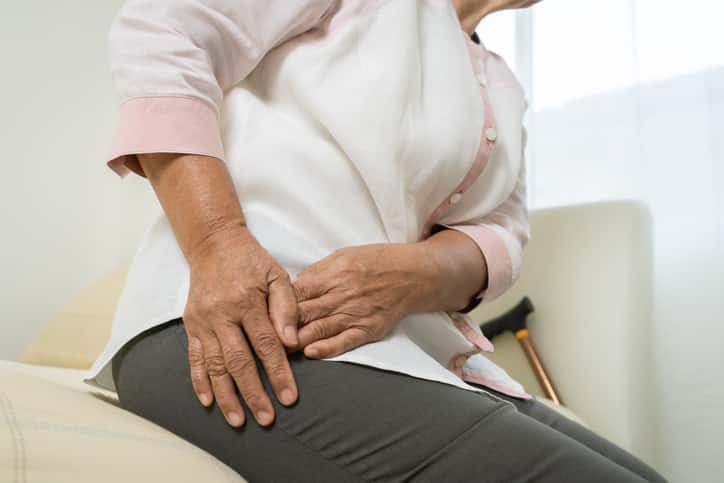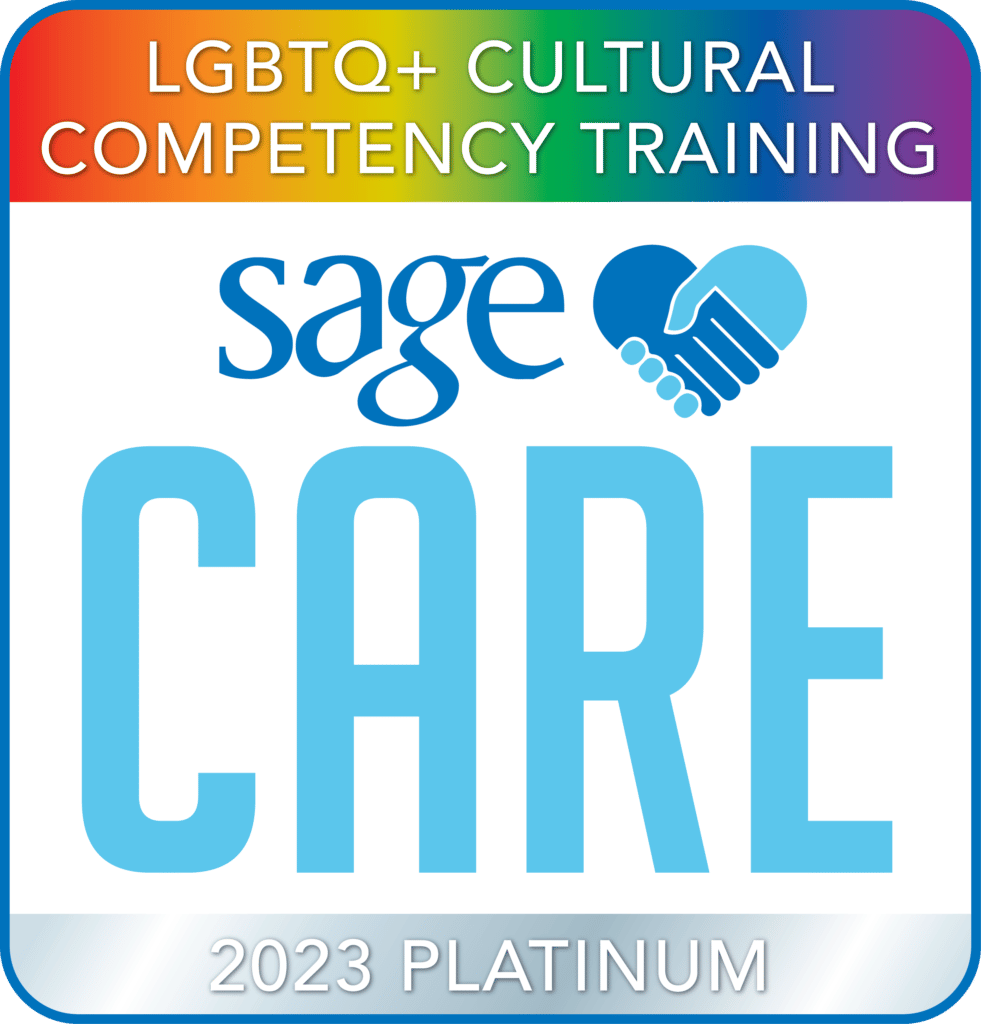Why Hip Fractures in Seniors Are So Dangerous

Hip fractures in older adults are very common – accounting for over 300,000 hospitalizations each year according to the CDC. Hip fractures aren’t just painful and challenging to recover from; they can also be dangerous if the person in question has additional complications. The risk of mortality can be especially high for people with chronic health conditions, cognitive impairments, mobility issues, and hip fracture treatments that don’t involve corrective surgeries.
For these reasons, it’s important for seniors and their caregivers to know how to help prevent hip fractures, understand the risk factors, and have insight into the best treatments. Here are some answers and advice from our short-term rehab team in Sussex County.
What can make a hip fracture deadly?
As we age, we tend to heal more slowly, develop complications more easily, and experience more severe symptoms than when we were young spring chickens. Hip fractures are especially dangerous because they involve a major bone that directly affects our ability to move. This inability to move impacts circulation, overall health, and healing, putting seniors at risk for:
- Blood clots – Frequently occurring in the lungs and legs, clots may block capillaries, cutting off blood and oxygen supply to limbs (deep vein thrombosis), or may travel through the bloodstream and get stuck in the lungs (pulmonary embolism).
- Urinary tract infections – UTIs can quickly become serious health issues for both men and women, causing severe discomfort, fever, pain, and even confusion or delirium. These infections put the body under a lot of stress and are especially dangerous if the person has kidney-related health problems.
- Pneumonia – This is a lung infection that is especially dangerous to seniors, filling the lungs with fluid or pus and reducing the capacity of the lungs. Severe pneumonia has a death rate in seniors of around 20%, according to the American Lung Association. To help prevent pneumonia, it’s recommended that seniors stay up to date with a pneumococcal vaccine.
Risk factors
According to the CDC, 95% of hip fractures in seniors are caused by a fall. Your senior loved one is more likely to experience a hip fracture if they have the following risk factors:
- Age – We lose our muscle coordination, balance, and eyesight as we age, making it much easier to fall.
- Bone weakness –Osteoporosis and bone weakness are also common (with osteoporosis more common in women than men), so when a senior does fall, they are more likely to have severe damage.
- Medication –Some medications that seniors take can make them feel tired, lightheaded, or dizzy. Others can even weaken bones and muscles.
- Poor diet – A diet lacking in calcium, vitamin D, and protein will tend to cause weaker bones and muscles.
- Inactivity –Exercise is key to keeping bones and muscles strong, as well as promoting balance and coordination, so being sedentary can increase a senior’s risks.
- Previous hip fracture –If a senior has fractured their hip before, this area of the bone is likely to be weaker, so it’s easier to fracture it again.
- Home environment –Homes that have stairs, poor lighting, clutter, rugs, unstable furniture, and bathrooms without safety enhancements (no grab bars, etc.) increase senior fall risks.
Prevention
There is no 100% guarantee that you can prevent a hip fracture, but taking the following steps will help to significantly reduce the risk:
- Medications – Make sure medications are being taken at the right dose, at the right time. If your loved one is experiencing side effects, take a list of up-to-date prescriptions to their doctor to see what can be done.
- Fall proofing – Clear away clutter, install grab bars and a shower chair in the bathroom, lift rugs, keep pathways through the home clear, install railings on stairs, and make sure lighting is sufficient (especially between the bedroom and bathroom).
- Healthy living – Encourage your loved one to follow a healthy diet, introduce calcium and vitamin D supplements into smoothies, and try out some senior-friendly exercises together.
Hip fracture treatments for seniors
Depending on the type of hip fracture, the doctor will recommend a hip repair using screws or a partial or full hip replacement. All are major surgeries and will require a good rehabilitation program both in a hospital, in a rehabilitation facility, and at home to help your loved one get back on their feet.
At Bristol Glen, we offer on-site short-term rehab in New Jersey for seniors recovering from surgery or illness through our full staff of nursing, physiotherapy, and rehabilitation specialists on our team. Our holistic approach to care not only allows seniors to get a taste of what staying in our assisted living community is like but also allows them to access 24/7 specialized medical and therapeutic services that family caregivers usually cannot provide.
To find out more about short term rehab in Sussex County, please contact us today or visit our website at:




